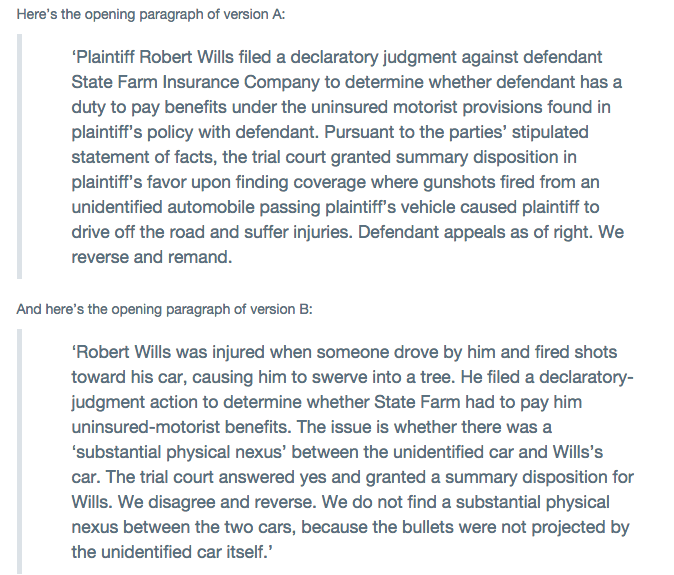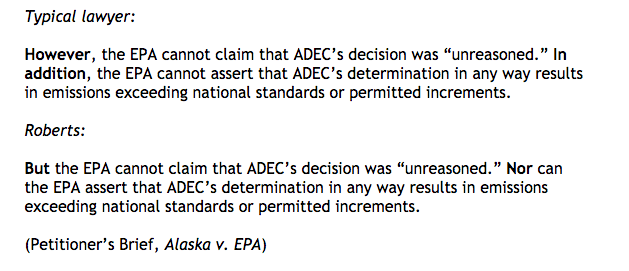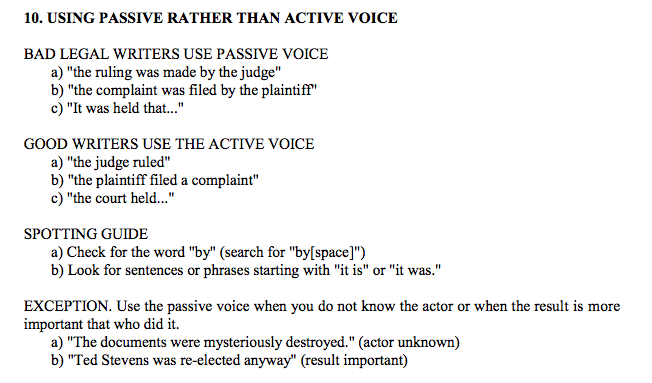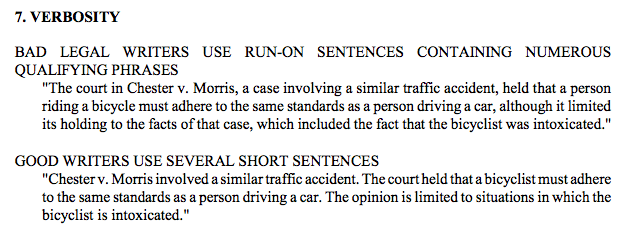A career in the law means a career spent writing. Almost all legal work, in one way or another, boils down to some form of writing: submissions to the court, emails to clients, memos for colleagues. Yet, despite this, clear, useful, and actionable advice for improving legal writing skills is hard to come by.
There is some great advice out there, though. Here at One Legal we’re not content with any old advice, however. We’ve searched through advice from some of the legal world’s leading authorities to find the best legal writing tips out there.
Here is the results of our labor: our five top pieces of legal writing advice from the English language’s leading legal thinkers.
Hone your legal writing skills to improve readability with our free ebook >>
1. Bryan Garner (Editor, Black’s Law Dictionary) – Be sure you understand your client’s problem
Author and legal writing guru Bryan Garner says that is it vital that you fully understand the client’s problem before beginning to write. He says: “When given an assignment ask plenty of questions. Read the relevant documents and take good notes. Learn all you can about the client’s situation.”
He concludes: “There’s almost no way to write a good memo in the abstract.” So, to write successfully, you must be fully briefed – though be warned that you may need to take the initiative here, rather than assuming all of the necessary background will be shared with you.
2. UC Hastings – Avoid legalese
Hastings Law School, part of the University of California, warn against overuse of specialist legal words and phrases (so-called “legalese”). They advise their students to “avoid words and terms that waste words and confuse readers” and instead “use simpler, more common word alternatives.”
What should be avoided, specifically? Latin, French, and archaic English words (ab initio, inter alias, heretofore and so on) are definitely out. Uniquely legal phrasing, such as speaking in triplicate (e.g. “give, devise and bequeath”) and meaningless phrases (e.g. “the case at bar”) that are likely to baffle the general public are also discouraged.
In fact, it appears that plain language is even preferred by lawyers. A study by law professor Joe Kimble that asked lawyers to rate different writing styles found that a big majority favored a simpler style:

3. Lord Neuberger (President of the UK Supreme Court) – Follow a clear structure
When it comes to legal writing advice, few people have more authority than Lord Neuberger. The President of the United Kingdom’s Supreme Court, says a clear structure is vital if writing is to be easily understandable.
Memos, motions, and arguments should all follow the same clear format, he says: an introductory summary that states the document’s conclusion, statement of the applicable rules, analysis of the case’s specifics, and a conclusion.
Legal writing should have clear paragraphs (each focusing only on a single topic), and be broken up with meaningful headers and sub-headers so that the reader can quickly identify the most relevant sections, he adds.
4. Prof. Eugene Volokh (Professor of Law at UCLA) – Use the active voice and be concise
Eugene Volokh, a law professor at UCLA and blogger at The Washington Post, advises using the active voice in your writing. What does that mean? Basically, in an active sentence, the subject is doing the action, whereas in the passive voice the target of the action gets promoted to the subject position.
The difference is often a clear and easy to understand sentence versus one that is unnecessarily confusing:
Closely related is the need to be concise and avoid verbosity. Bad legal writing, Volokh argues, contains run-on sentences containing numerous qualifying phrases. Far better to write in several short sentences, he says:
 5. Ross Guberman (Lawyer and award-winning journalist) – Drop dead-weight openers
5. Ross Guberman (Lawyer and award-winning journalist) – Drop dead-weight openers
Ross Guberman, a lawyer, and award-winning journalist, recommends that in order to be more agreeable, you should avoid dead-weight openers such as however, additionally, accordingly. These phrases can be replaced by lighter weight alternatives like thus, so, but, and also.
Chief Justice Roberts, President of the United States Supreme Court is a great example of this style, he says:

Have we missed some great advice? What’s the best legal writing advice you’ve seen? Please share your top tips or links in the comments.
Want to learn the secrets to better legal writing? Download our free ebook >>




 5.
5. 



